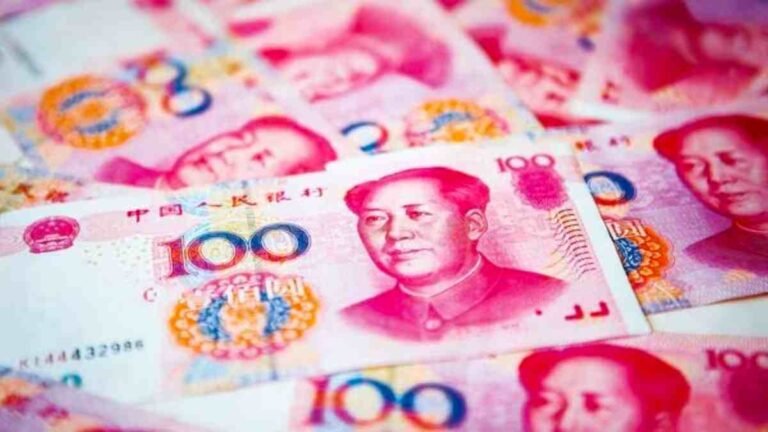The Keto diet is being viewed as the latest weapon against cancer. It can potentially be used to treat cancer by depriving tumors of glucose, leading to early-onset cachexia, a fatal wasting condition.
The goal of the ketogenic diet is to encourage your body to burn fat for energy by taking relatively few carbs and replacing them with fat. Losing weight and reducing your chance of contracting certain diseases are two health advantages. A recent study found that the Keto diet can potentially be used to treat cancer. The widely used diet for losing weight is well known for tricking the body into burning its own fat.
In a similar vein, according to researchers in a study published in the journal Cell Metabolism, the diet may also aid in the battle against a number of malignancies by depriving tumors of the glucose they require to thrive. Keto was discovered in the study to accumulate harmful lipid byproducts and destroy cancer cells through a mechanism known as ferroptosis in mice with pancreatic and colorectal cancer.
While doing so reduces the development of the tumor, it also results in early-onset cachexia, a fatal wasting condition. Cachexia patients and mice exhibit acute appetite reduction, severe weight loss, exhaustion, and immunological suppression. There is no effective cure for the illness, which causes around 2 million deaths annually.
According to Professor Tobias Janowitz of Cold Spring Harbor Laboratory (CSHL) in New York, the US, cachexia is the outcome of a wound that doesn’t heal. Patients with cancer that is progressing frequently experience it. They deteriorate to the point that they are unable to withstand cancer therapy. Daily duties turn into Herculean labors,” he continued.
The goal of the study was to distinguish between the beneficial effects of keto on cancer and its potentially fatal adverse effects. They discovered that giving animals with cancer common medications called corticosteroids together with keto avoided cachexia. The mice lived longer and their tumors shrunk. Healthy mice who follow a ketogenic diet can similarly lose weight, but Janowitz noted that after a while, these results plateau. “Mice with cancer are unable to adapt because they are unable to produce enough corticosterone, a hormone that aids in controlling the effects of keto. They will continue to lose weight.
The decreased hormone was replaced with a corticosteroid, and keto still reduced tumor size but did not cause cachexia. “Cancer affects the entire body. To aid in its growth, it reprogrammes typical biological processes, according to CSHL Postdoc Miriam Ferrer.
Because of this reprogramming, mice lose away because they are unable to use the nutrients in a ketogenic diet. But they fared significantly better after taking the steroid. Compared to every other therapy we tested, they survived longer, she continued.
The team is now adjusting the time and amount of corticosteroids to increase the window for successful cancer therapy when combined with keto. We want to fight cancer even more forcefully so that it advances even more slowly, according to Janowitz. “We can ultimately help patients and advance cancer therapeutics if we can broaden this effect and make the treatment more effective.”














